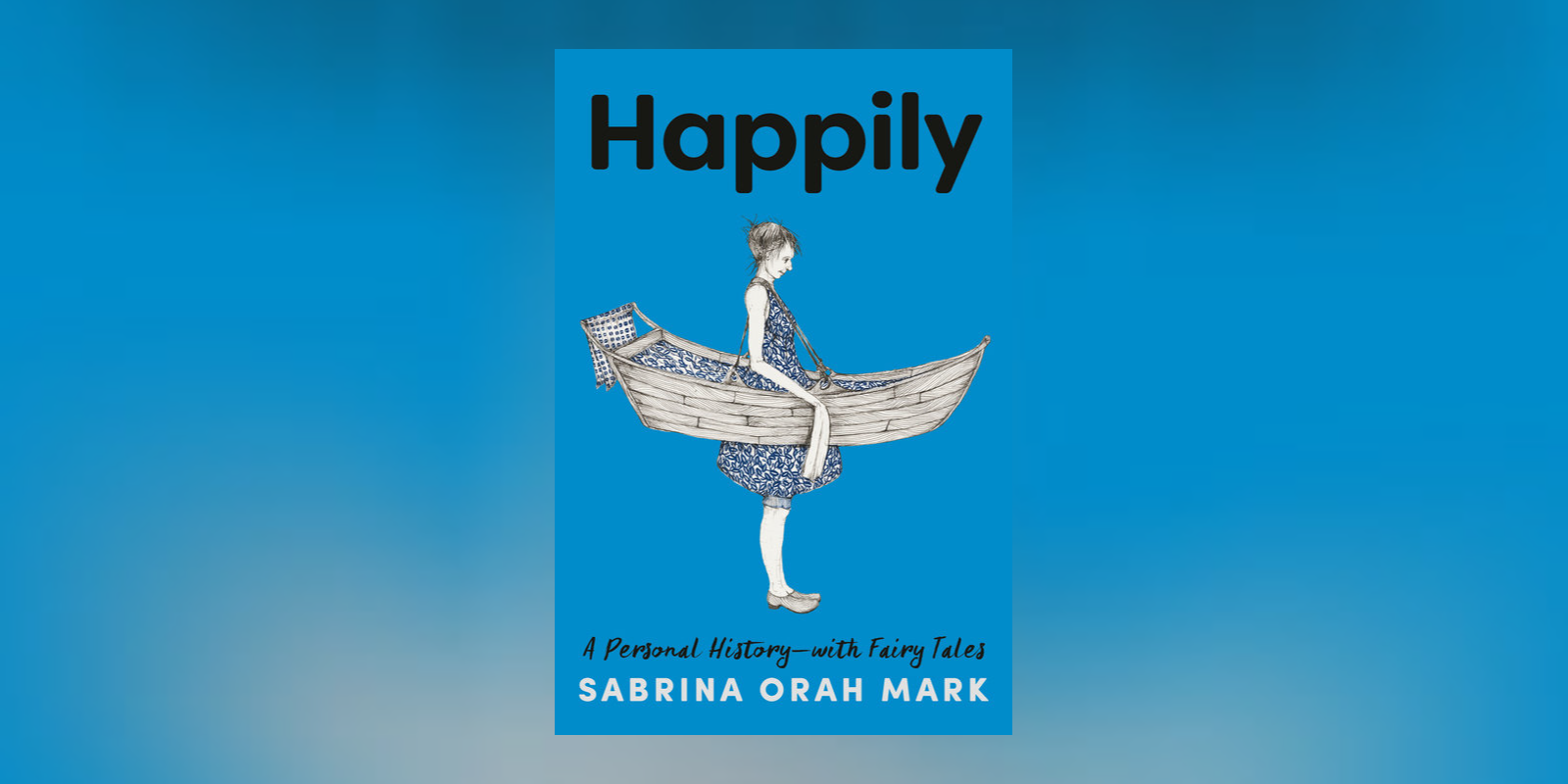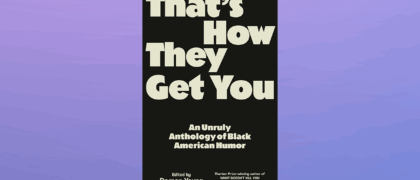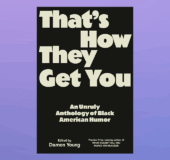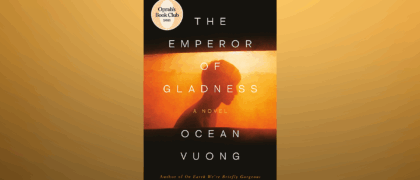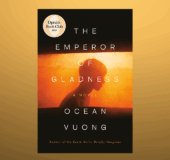Contributed by Sabrina Orah Mark, author of Happily: A Personal History-with Fairy Tales, winner of a National Jewish Book Award for Autobiography and Memoir. In this memoir-in-essays, Sabrina Orah Mark reimagines the modern fairy tale, turning it inside out and searching it for the wisdom to better understand our contemporary moment in what Mark so incisively calls “this strange American weather.” Based on her acclaimed Paris Review column “Happily,” she interrogates fairy tales and their surprising relevance to her life as a Jewish woman raising Black children in the American South.
I don’t know if you’ve ever held a fairy tale in your hand, but it has this amazing pliability. Try to stretch it from your childhood all the way to where you are standing right now. See? Isn’t that amazing?
Raising my two Black Jewish boys in the American South, so far away from where I was raised (emotionally, physically, spiritually), felt like a puzzle that had half the pieces missing. Where were these pieces? Instead of going all the way back to the world I grew up in—back to New York, back in time, where I could and couldn’t return—I decided to turn to fairy tales, a place even older than childhood, to keep me company and guide me. What I discovered was that through the fairy tale I was able to tell stories I had been too shy, or afraid, to tell before. The fairy tale held my hand and assured me everything I felt had already been felt, is being felt now, and will be felt again.
In February, 2001 the German documentary filmmaker Benjamin Geissler and his son went to Drohobycz, now part of Ukraine, to look for fairy tale murals that Bruno Schulz had painted on an SS officer’s son’s bedroom walls (in exchange for protection, life). Geissler and his crew arrive at an apartment, occupied by a mostly blind woman and her dying husband, and after what seems only like seconds the fairy tales (horses, and princesses, and kings, and gnomes) appear like ghosts from behind the whitewash. I’ve never seen anything so magical before. The way these fairy tales suddenly collided with the present to tell us a story that was on the verge of being forgotten sent a shock through me. This is what I want to do, I thought. I want my writing to have that exact effect: a collision of the past and the present. And so I started taking the wood of fairy tales and rubbing them against the wood of my days and there was a spark, and out of this spark burned Happily.
Fairy tales are not simple and quaint, but difficult and painful. I have always been drawn to the underbelly, the cracks, how the spaces between letters are letters, too. We think of this as the imaginary realm, the invisible, the silent. But as the world reveals more of its insides—ecologically, spiritually, politically—as we become more fissure than closure, more breadcrumb than loaf, I think we are seeing genre melt and harden into new forms. Happily reconsiders what the essay can do, and attempts to reclaim a fairy-tale sense of the world, an ancient imagination.

